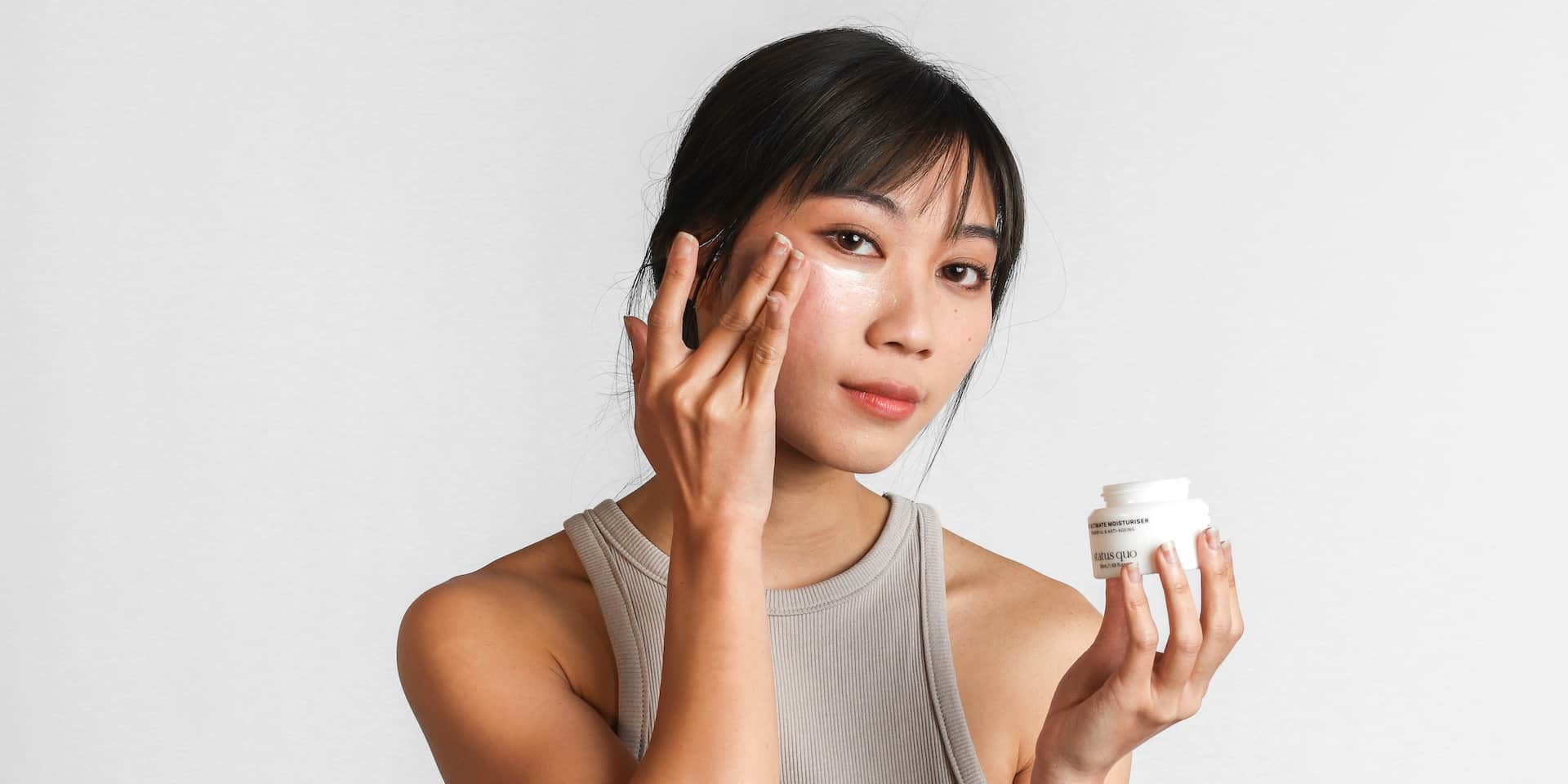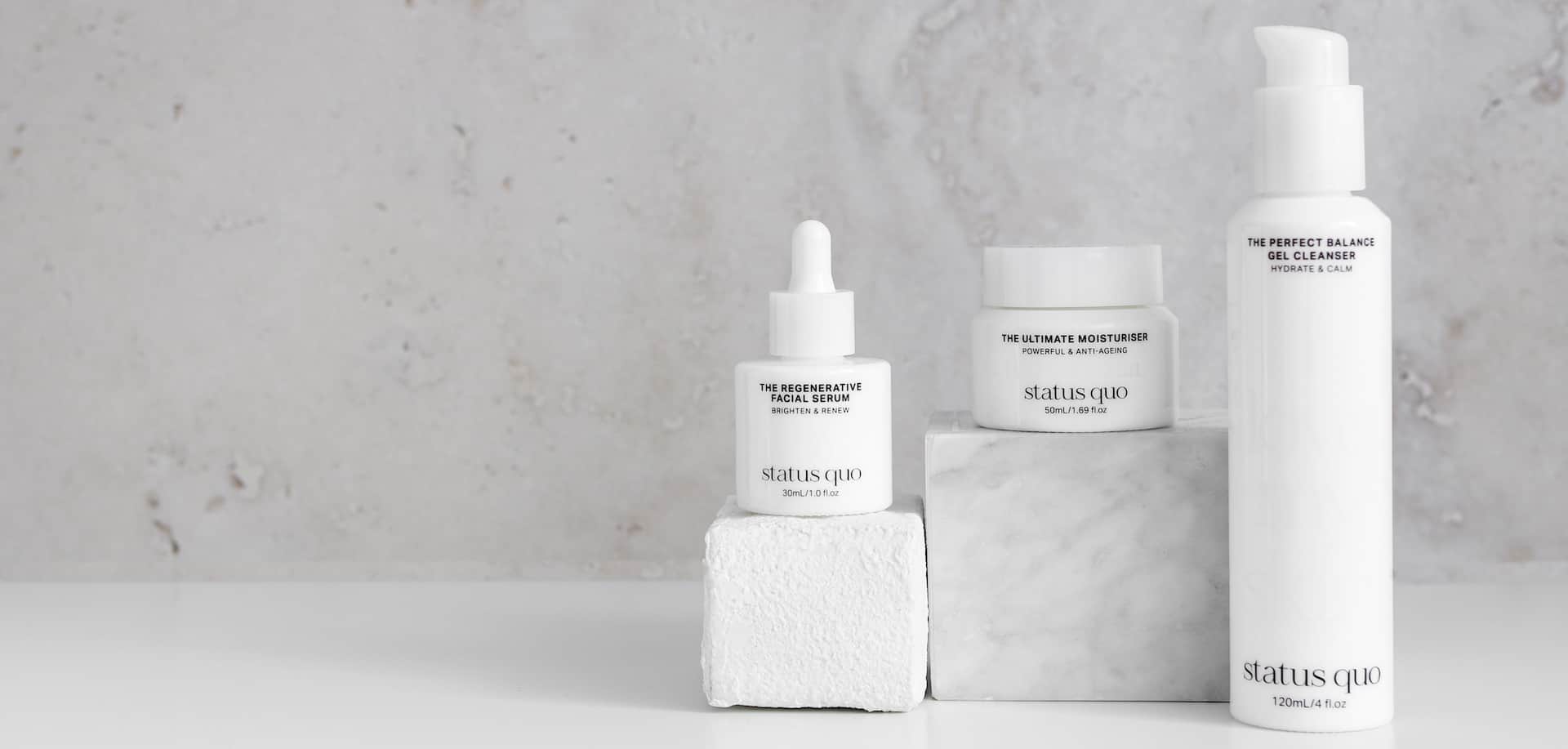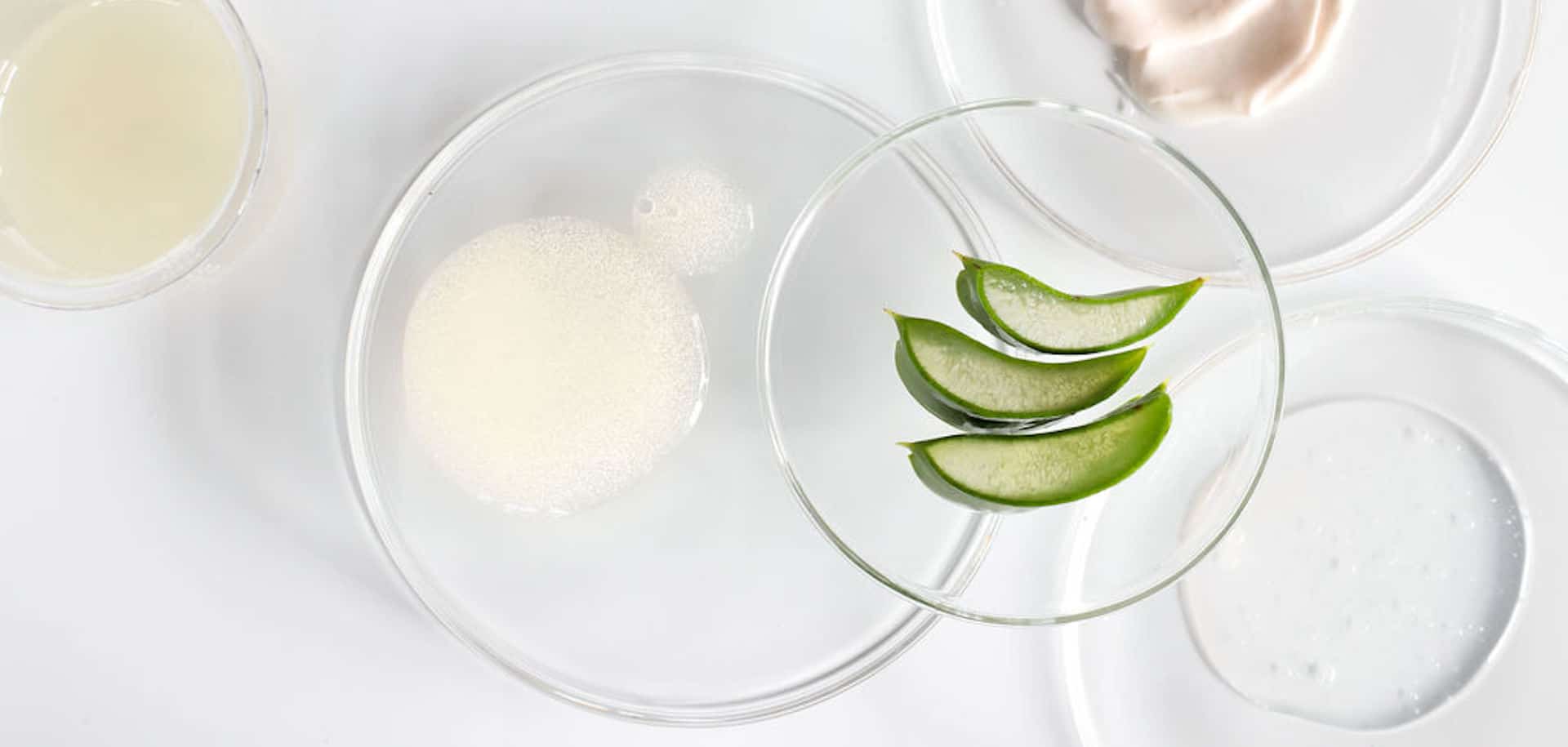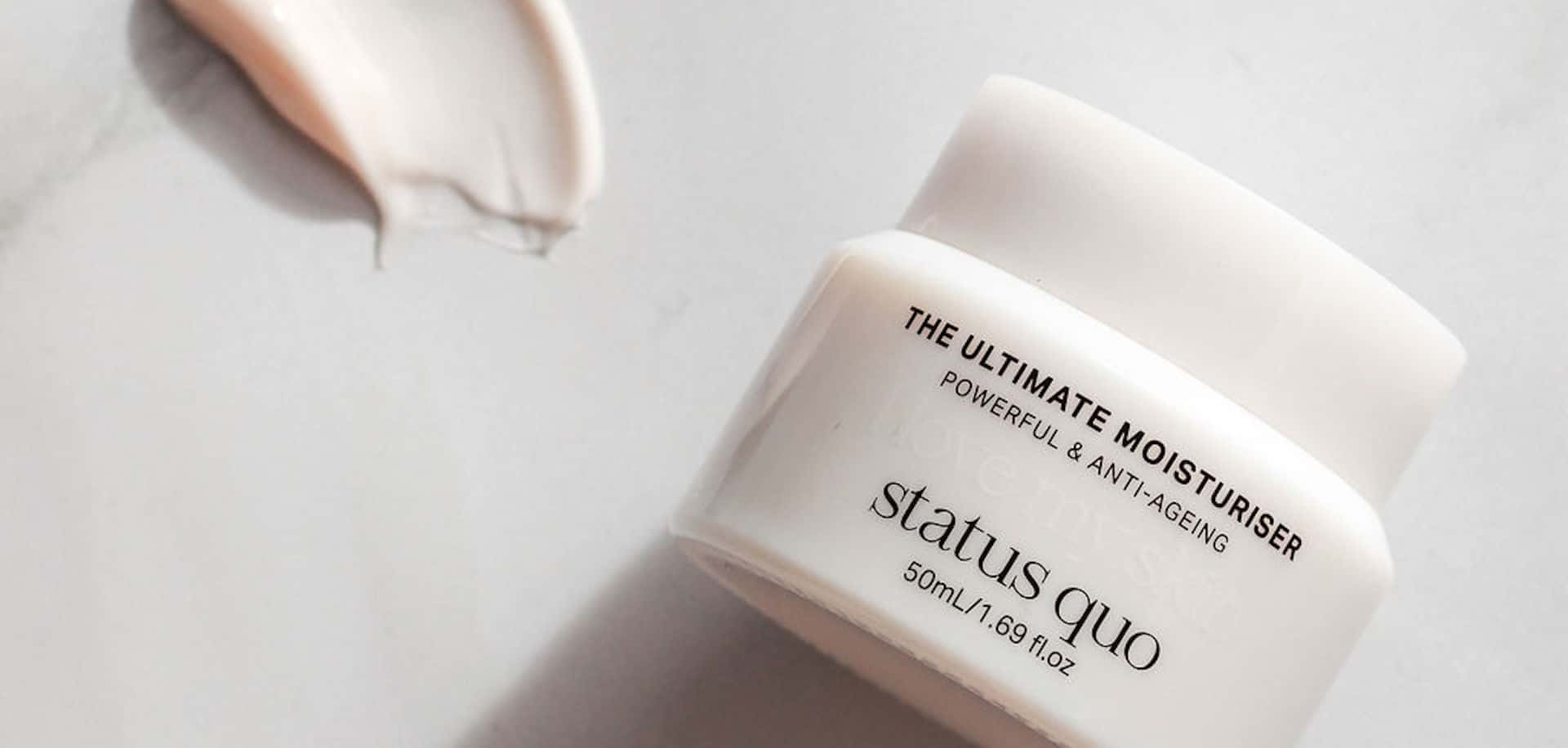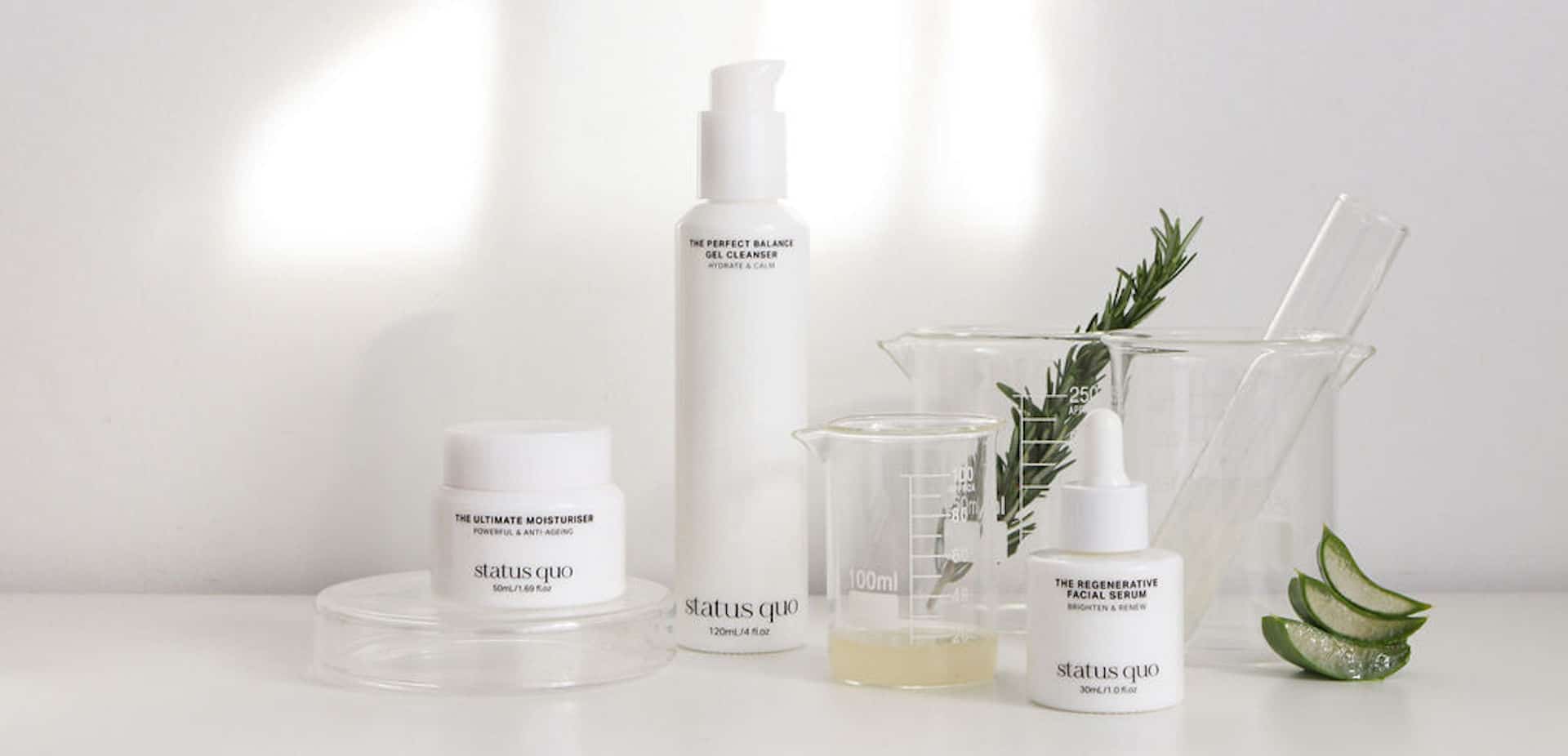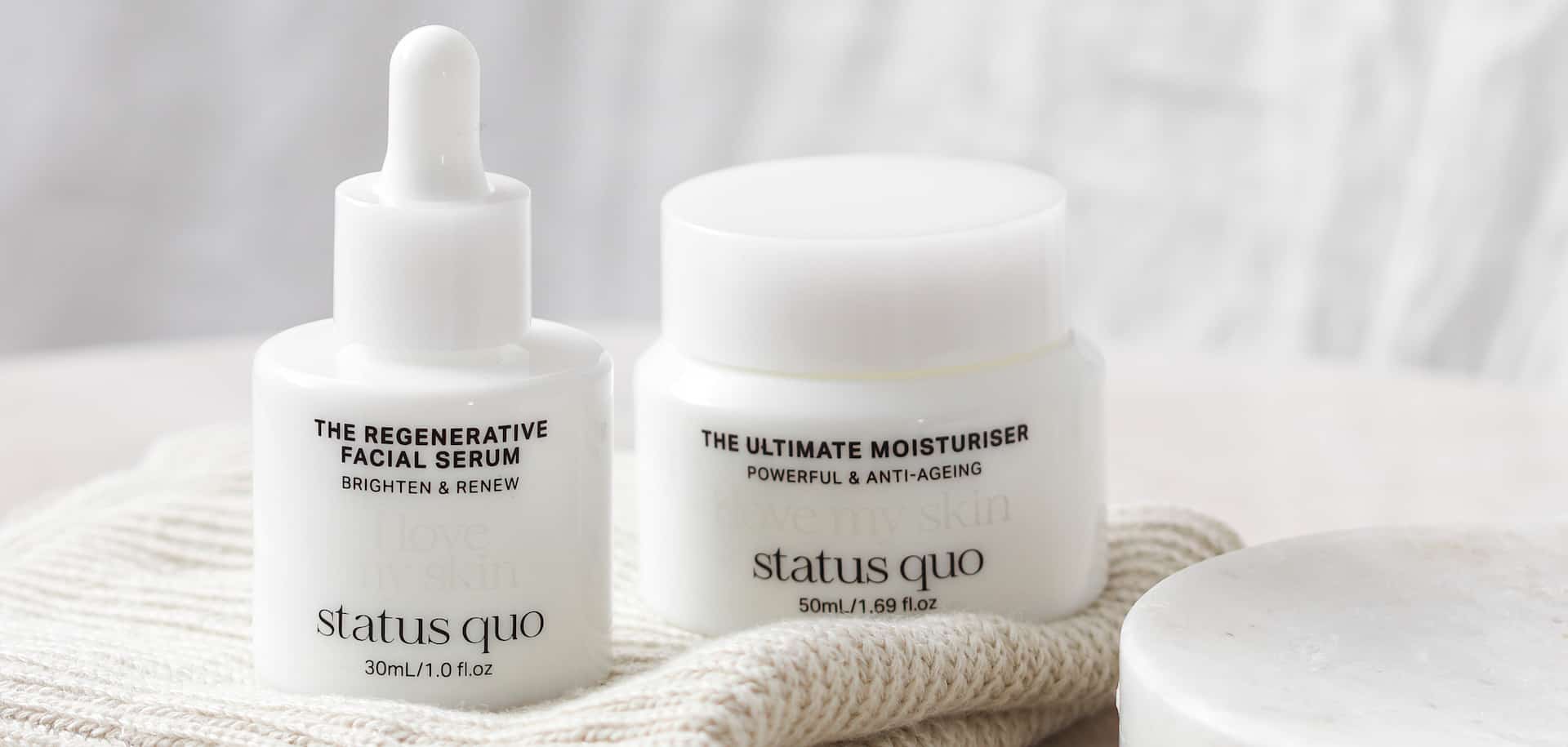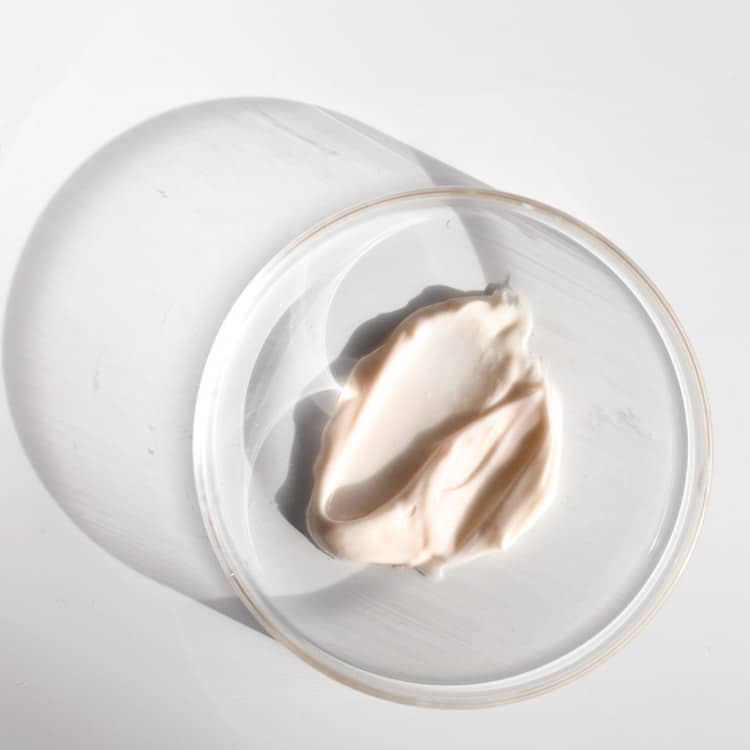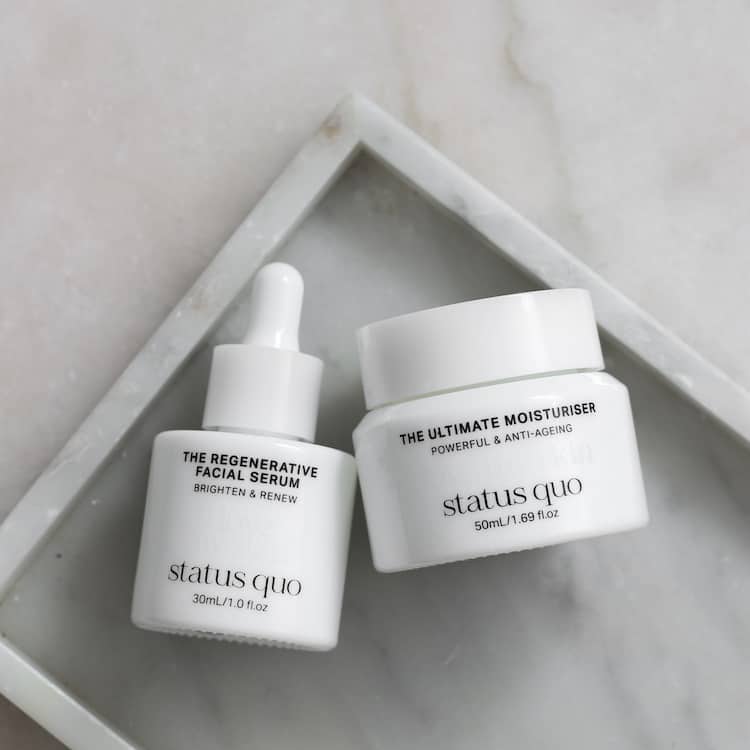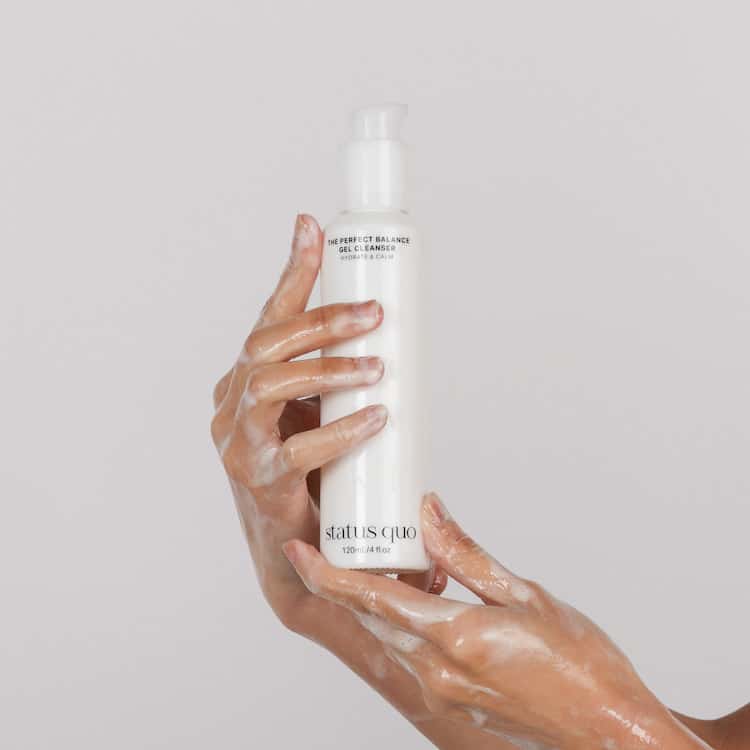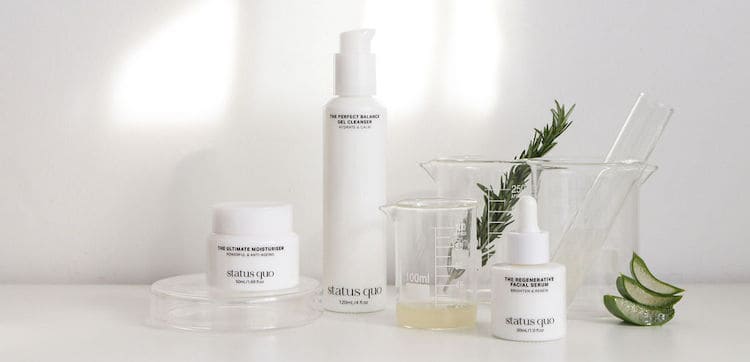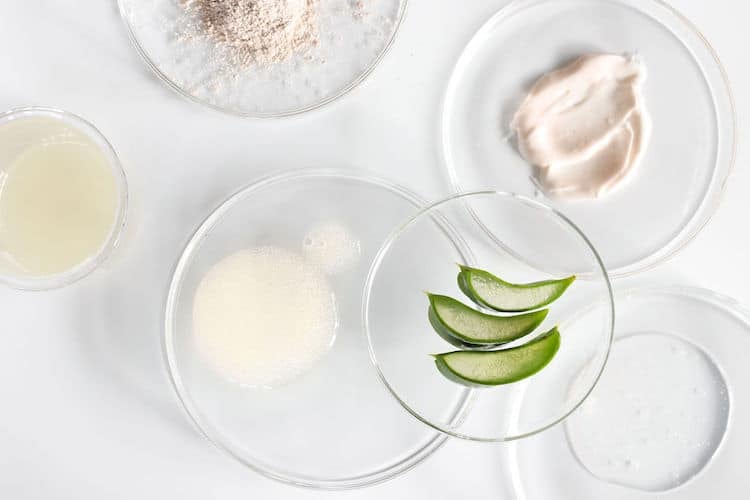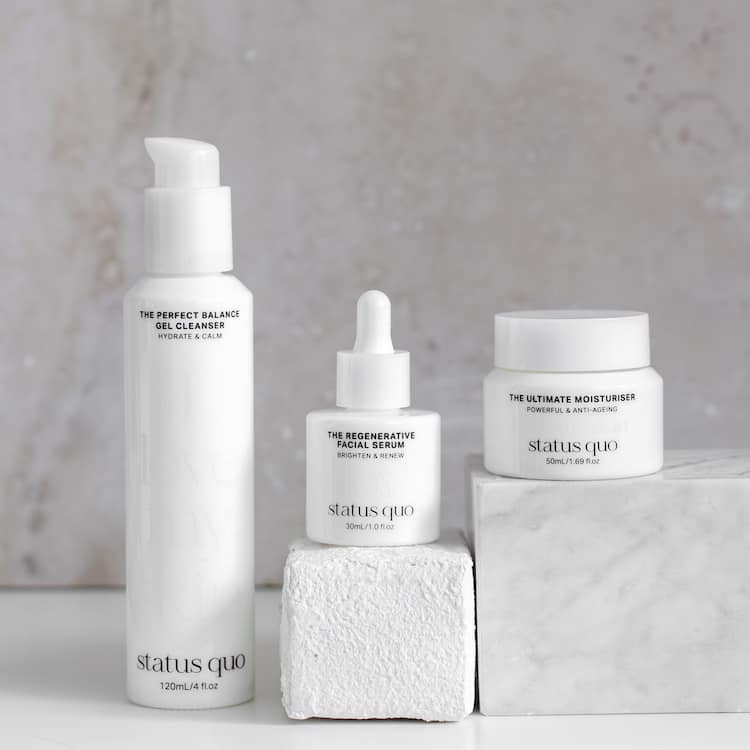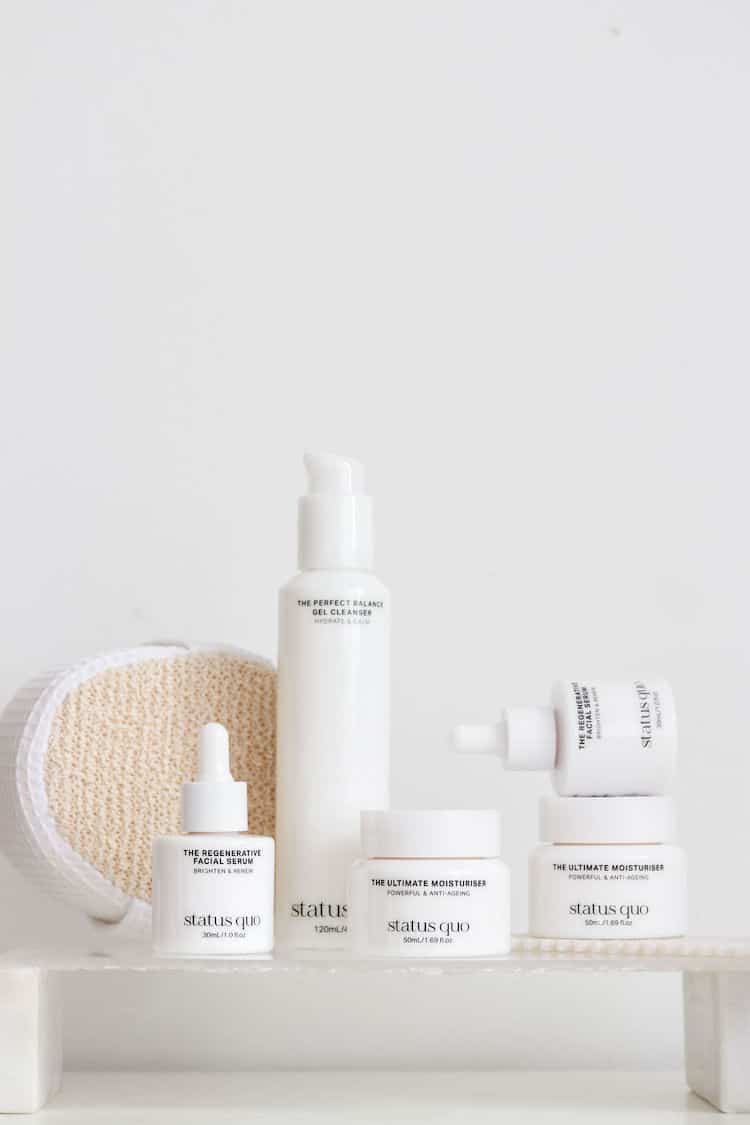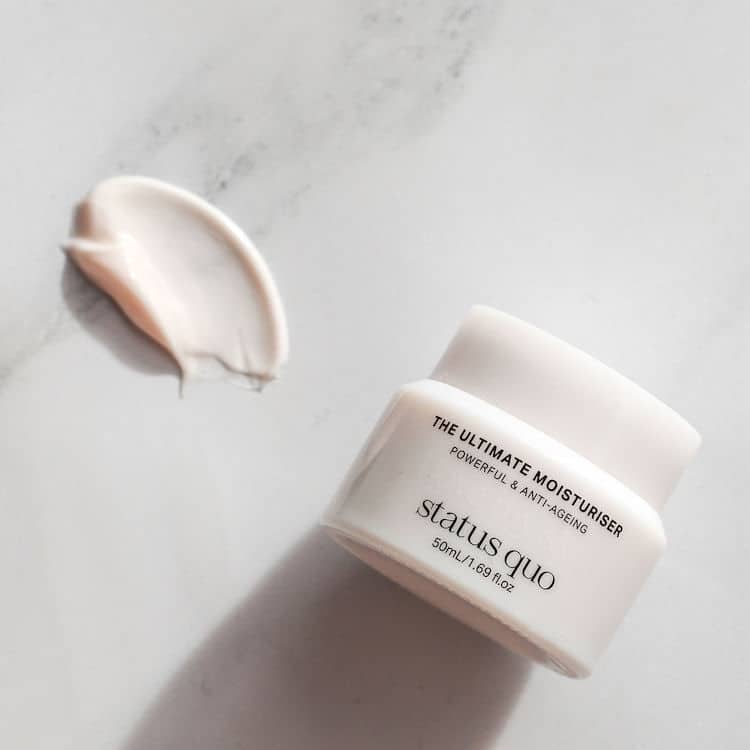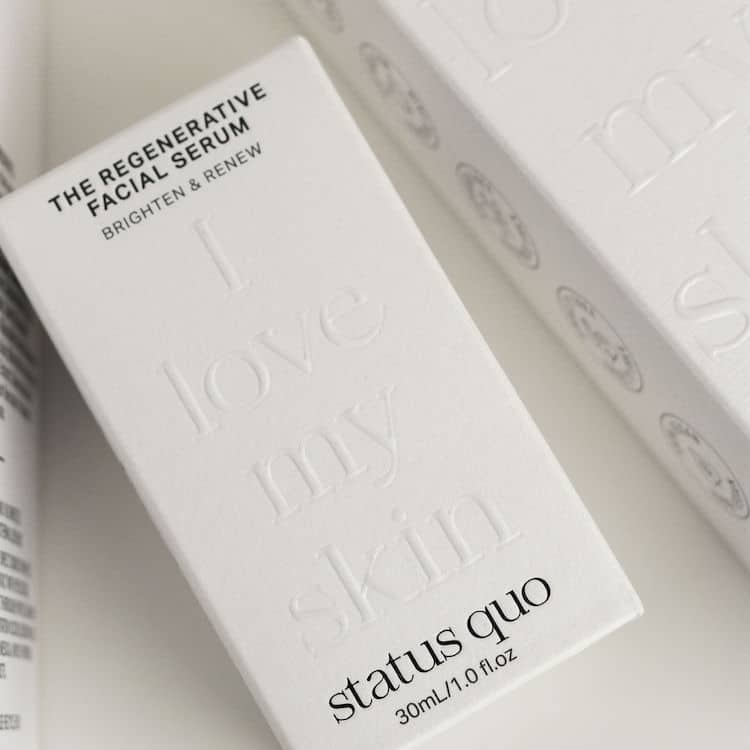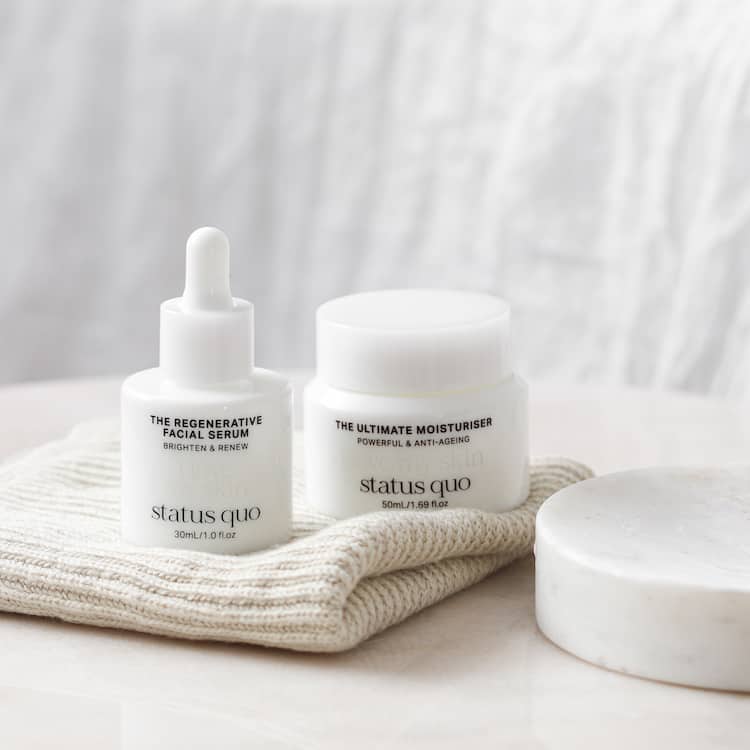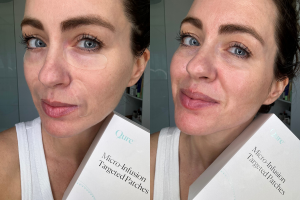- Whos
-
-
WHOS
WHOS
Inside the homes and beauty cabinets of inspiring and influential people
-
-
-
-
- ModelsBeauty tips and makeup tutorials from top models.
- CreativesHow to apply makeup like a makeup artist, the latest hairstyles from our favourite hair stylists and the latest beauty tips from the top beauty therapists.
- EntrepreneursHow to start a beauty business and more. Beauty company founders share their must-have products alongside inspiring stories of how they made it.
- InfluencersBeauty tips and makeup tutorials from the biggest bloggers, vloggers, Instagrammers and website founders.
- Actors & Presenters
-
-
- How-Tos
-
-
HOW-TOS
HOW-TOS
Educate your beauty routine with expert tips, tricks and tutorials
-
-
-
-
-
- Go-Tos
- Podcast
- Reviews
-
-
REVIEWS
REVIEWS
Products, treatments and travel tested by us, plus the Top 100 beauty products of all time
-
-
-
- News
- About
- Sigourney's Edit

